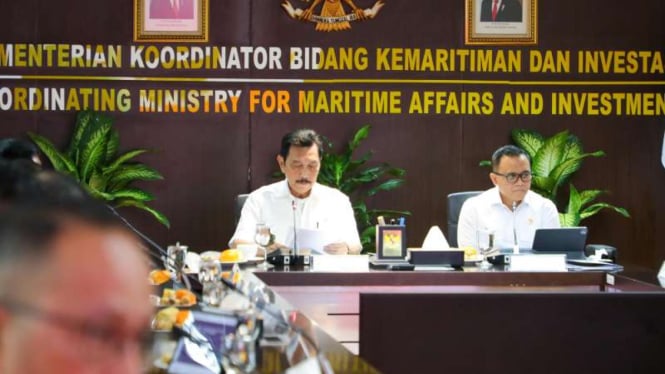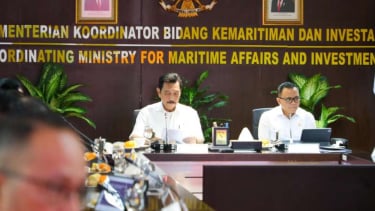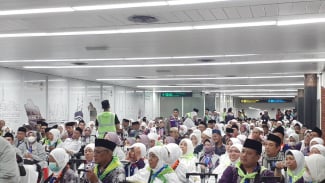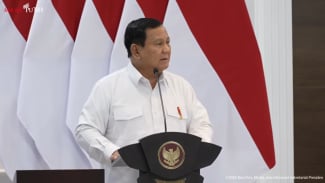Indonesian Government Plans to Raise Tax on Fuel-powered Vehicle
- Dokumentasi Kemenko Marinves.
Jakarta – Coordinating Minister for Maritime Affairs and Investment, Luhut Binsar Pandjaitan, revealed that the government plans to raise taxes on fuel-powered or internal combustion engine (ICE) motorcycles.
Minister Pandjaitan stated that the government is considering raising the tax on non-electric vehicles to increase subsidies for public transportation users.
"We're currently preparing the possibility to raise the tax on non-electric motorcycle vehicles, so that later it can subsidize costs such as LRT or later high speed trains," the Minister said in a video conference at the launch of BYD Indonesia on Thursday.
In addition, Minister Pandjaitan also explained that another goal of the plan to raise taxes for non-electric vehicles, one of which is to see the impact on the aspect of air pollution.
"So that way, we try to see the equilibrium in the context of reducing air pollution,"
Viral mobil berpelat merah keluarkan asap banyak dari knalpot
- Istimewa
The Minister confirmed that a number of methods will be prepared by the government, in order to suppress and reduce air pollution in order to make Indonesian people healthier.
These include implementing vehicle restrictions with odd-even schemes, increasing taxes on ICE vehicles, and preparing infrastructure to leave vehicles on public transportation.
"We will announce the report on Friday so that the following week we will bring it to a limited meeting and hear the decision from Mr. President."
He remarked that the real steps to reduce air pollution as carried out by the government in various ways are a form of the presence of the state on the problem of air pollution.
"I think things like that are very important. So don't just talk, don't just criticize, because it's not easy. Then, after we have been meeting for the last few months, we have found the problem points that must be addressed," the Minister explained.
"I think this is a good opportunity to make Jakarta cleaner, make us healthier, and will reduce the medical treatment subsidy which is up to IDR10 trillion," he concluded.





















